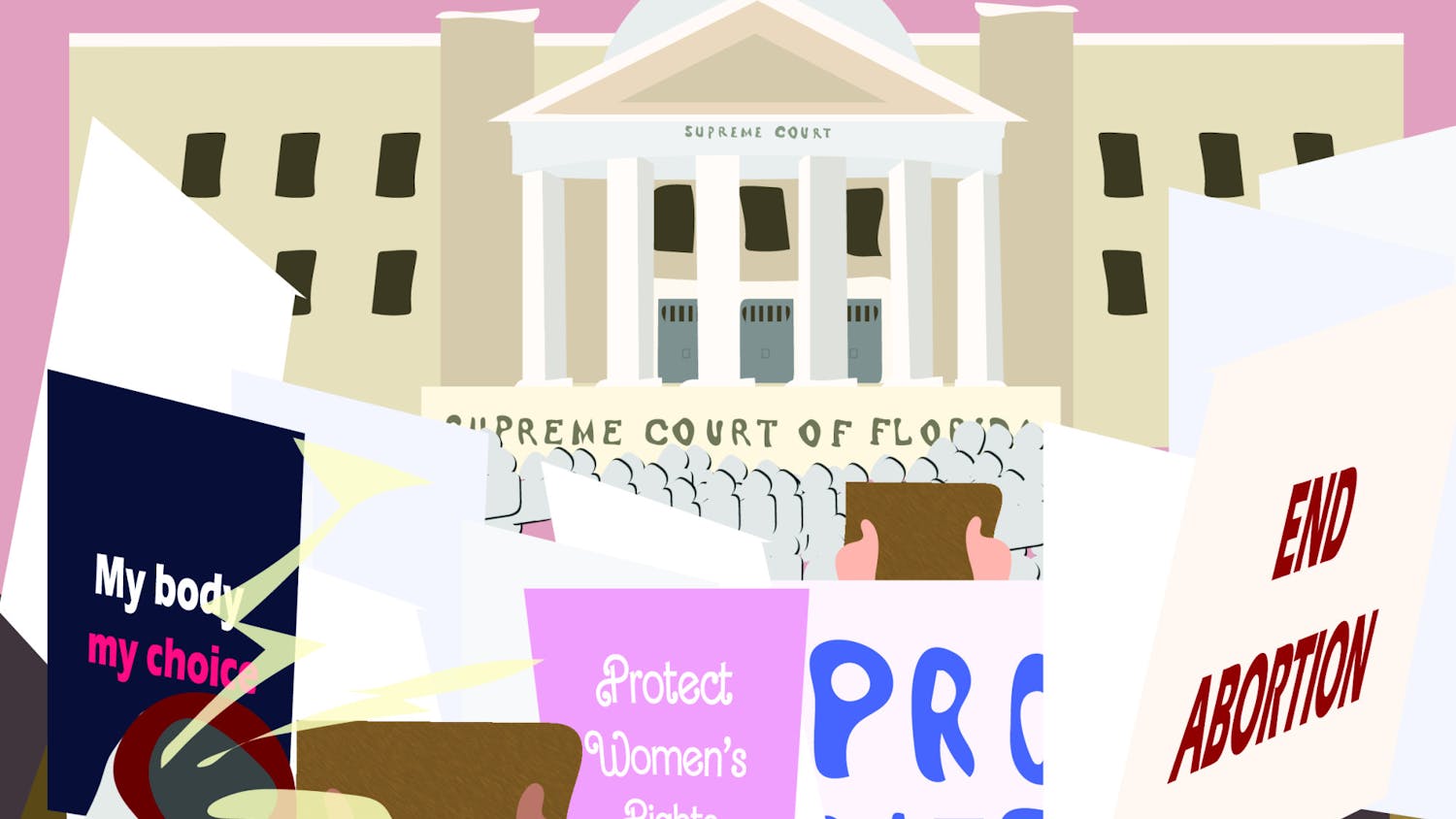With the national spotlight often on Floridians like Casey Anthony and Terry Jones, there’s not much we can be proud of. The Sunshine State isn’t exactly known for its positive contributions. However, there is one exception, and we recently marked its 50th anniversary.
A while back in Panama City, there was a man named Clarence Gideon. One June morning in 1961, patrons found that the city’s Bay Harbor Pool Room had been burglarized. A witness said he’d seen Gideon walking away from the scene with a bottle of wine and coins around 5:30 a.m.
Upon investigation, police found Gideon at a motel with alcohol and change in his pockets. Gideon was arrested and was stuck in the cooler until trial, unable to afford bail.
One thing to note is that Gideon was dirt poor, and if there’s one thing the indigent can’t afford, it’s a lawyer.
At his first trial, Gideon asked the judge to appoint a defense attorney. The response couldn’t have been more blunt: “Mr. Gideon, I am sorry, but I cannot appoint counsel to represent you in this case. Under the laws of the State of Florida, the only time the court can appoint counsel to represent a defendant is when that person is charged with a capital offense...”
Gideon stubbornly persisted, “The United States Supreme Court says I am entitled to be represented by counsel.”
Let’s pause here for a moment to see how deluded Gideon was. The law of the land since 1942 only required states to appoint lawyers for defendants with special circumstances, such as the possibility of a death penalty sentence (see Betts v. Brady). Gideon’s optimism could be forgiven — after all, he was a drifter who had run away from home when he was in middle school.
With no lawyer, Gideon was forced to represent himself. The entire trial took a day, and the jury found him guilty. Gideon was sentenced to five years in Florida State Prison.
Convinced of his innocence, Gideon petitioned the Florida Supreme Court. The response from Tallahassee wasn’t favorable: The appeal was denied.
A normal person would give up and just serve his time in prison at this point. But thankfully, Gideon wasn’t normal.
This might sound like a guy pursuing a fairy tale: He decided to send a letter — officially known as a “writ of habeas corpus” — to the U.S. Supreme Court. Using prison stationary and a pencil, he hand-wrote a short, awkward plea from his cell to the highest court in the country.
The U.S. Supreme Court agreed to consider his case and appointed Abe Fortas, one of the most brilliant lawyers and a future Supreme Court justice, to represent Gideon. The entire country knew the significance of this case as thousands of inmates just like Gideon were convicted in courts without proper legal aid.
On the morning of March 18, 1963, the justices were ready. Justice Hugo Black declared, on behalf of a unanimous Supreme Court, Gideon’s conviction unconstitutional. The ruling changed the course of our country by creating a public defender system that would guarantee all defendants a lawyer, regardless of their financial situations.
The case of Gideon is relevant to various contemporary issues, from the need of prison reform to the debate of whether ordinary people have a “right to health care.” Gideon’s struggles have a nice ending — he was acquitted and resumed his quiet life until passing away in Fort Lauderdale in 1972 — but more than anything, we should extract lessons from his story.
[Zulkar Khan is a UF microbiology senior. His columns appear on Tuesdays. A version of this column ran on page 7 on 2/4/2014 under the headline "The drifter who changed our history"]





